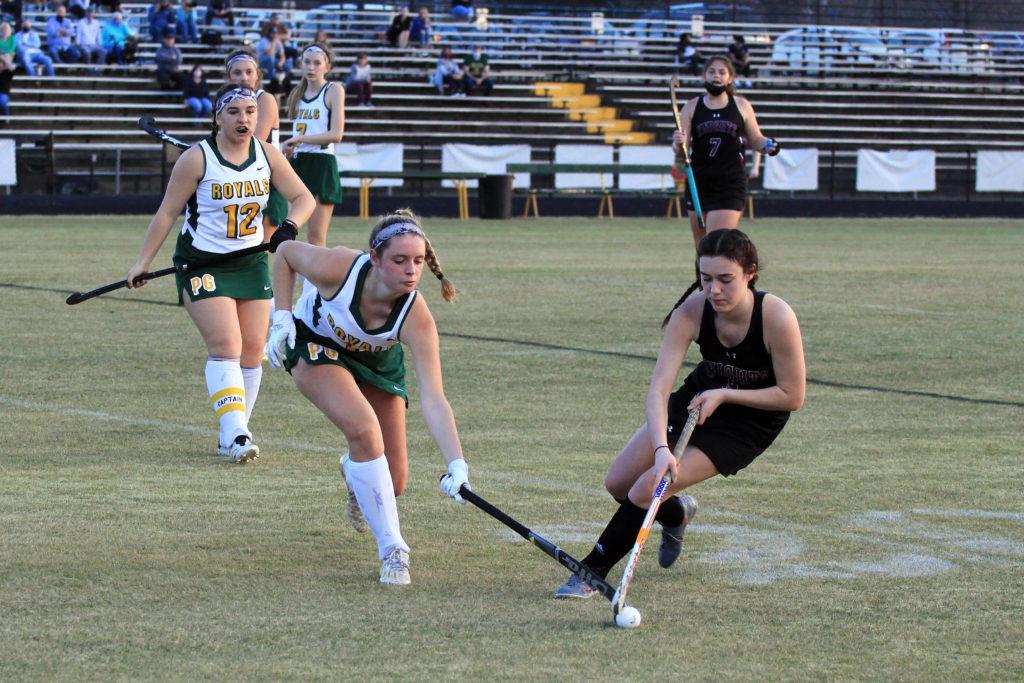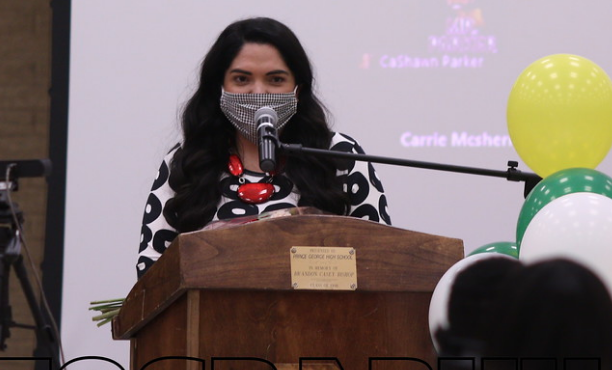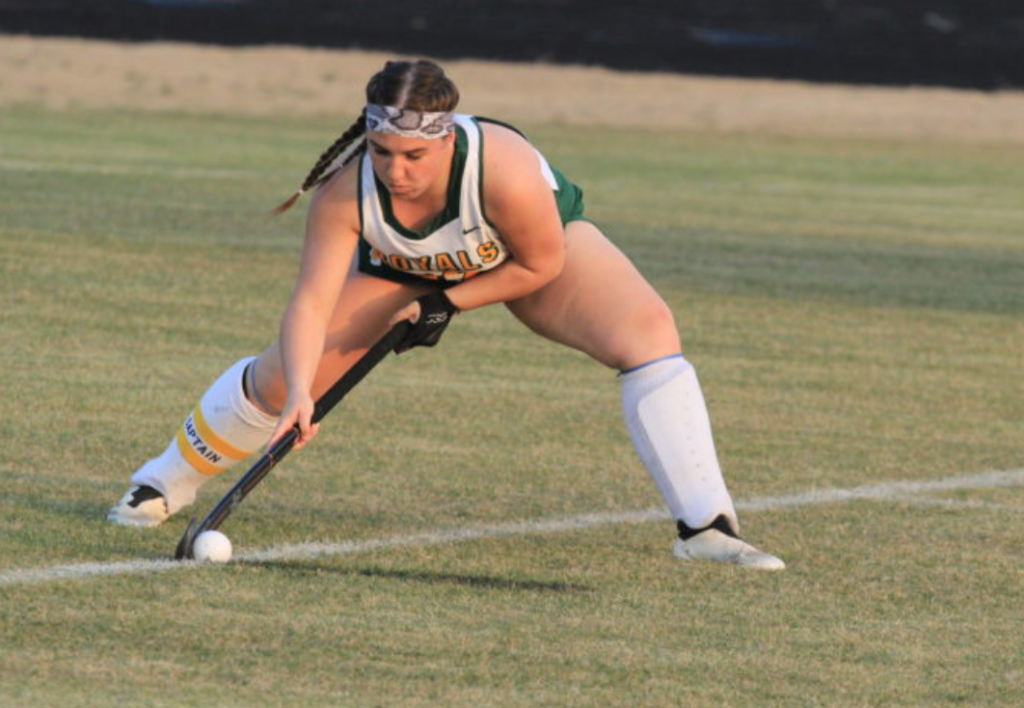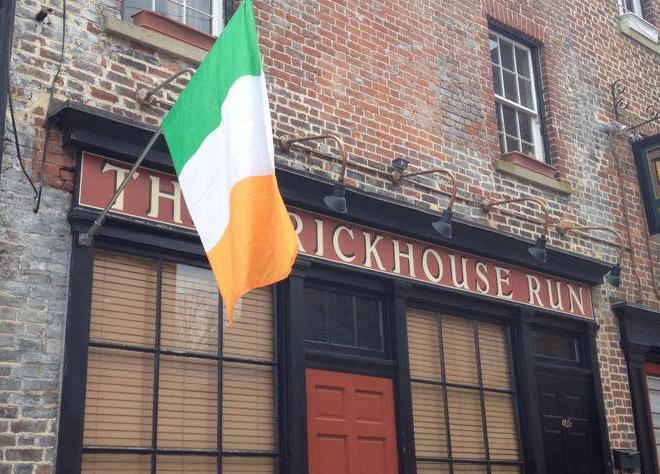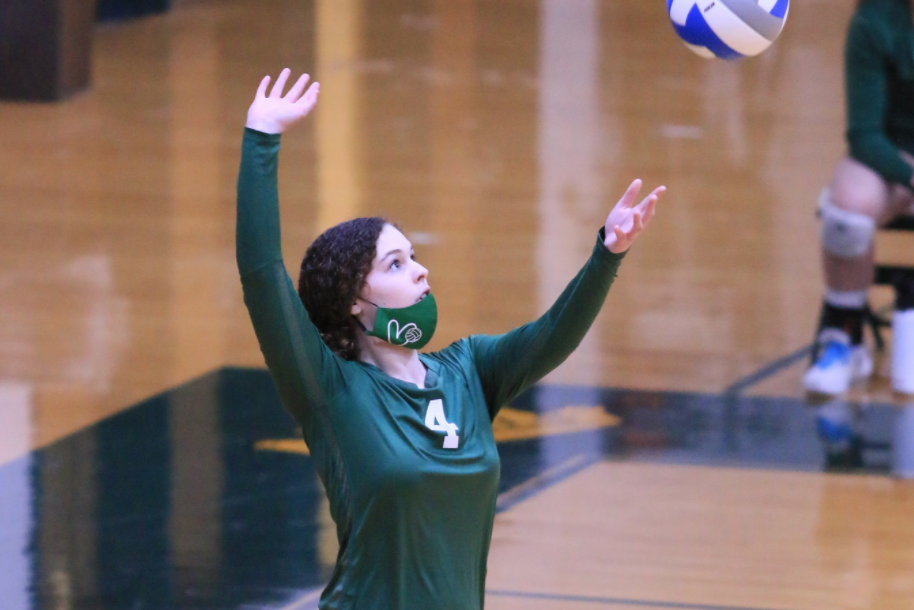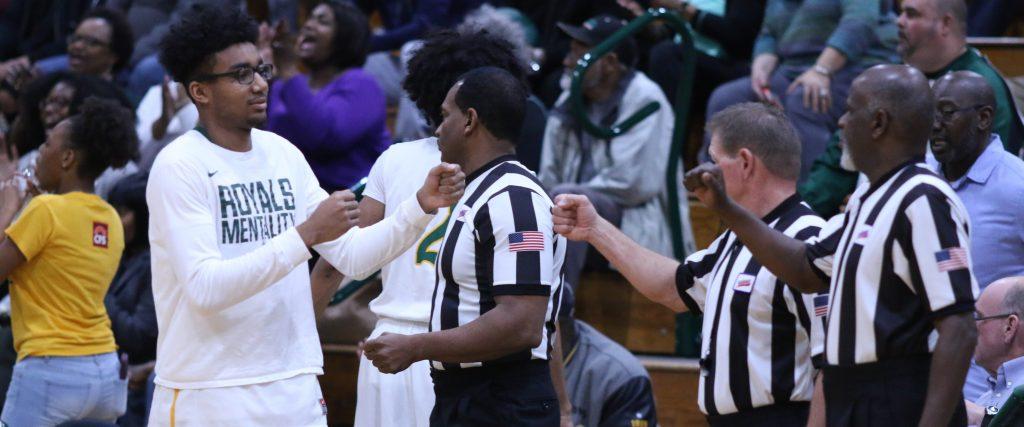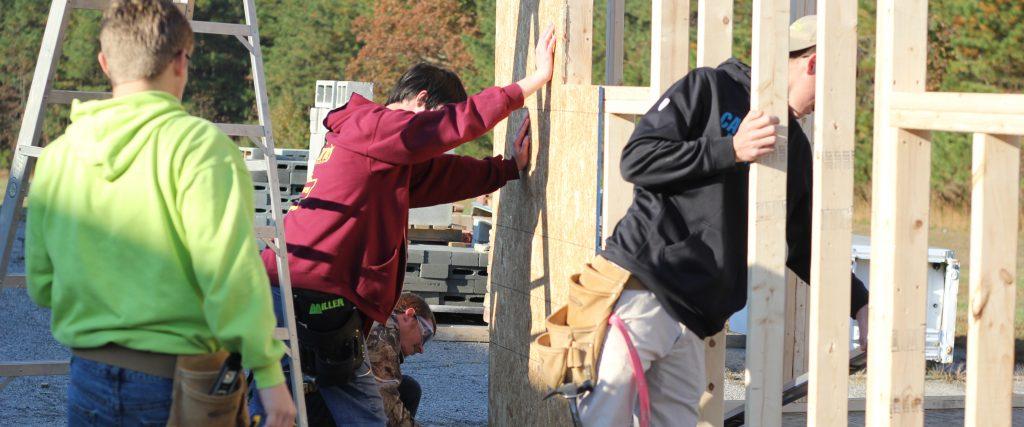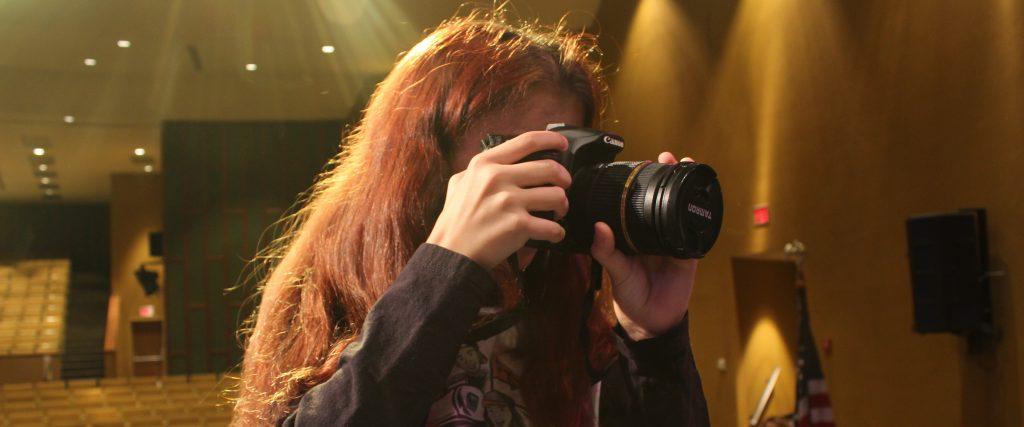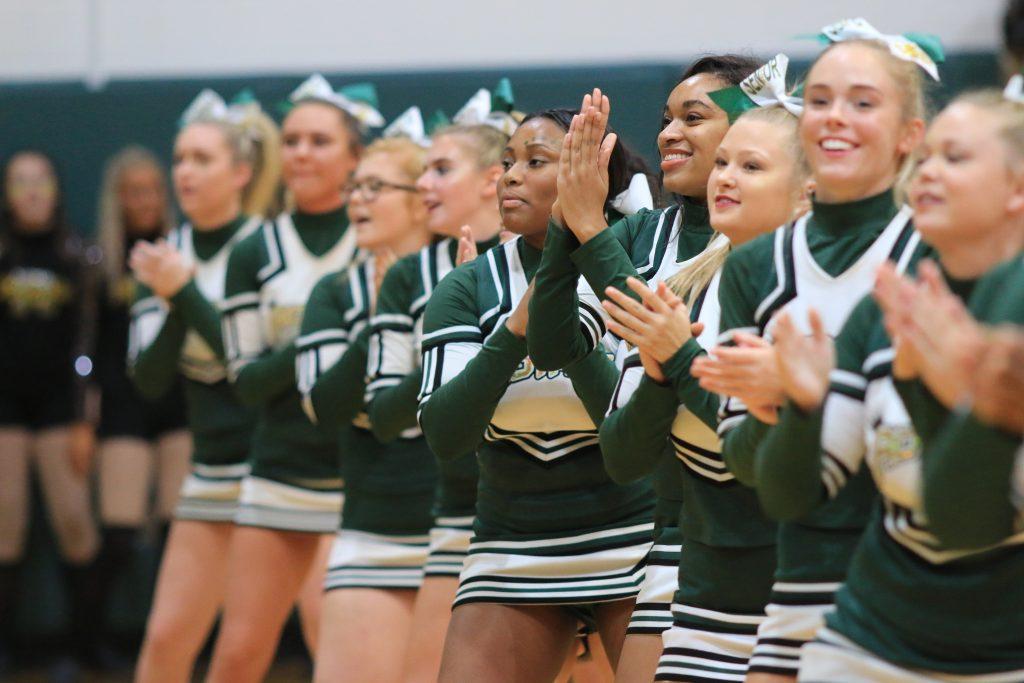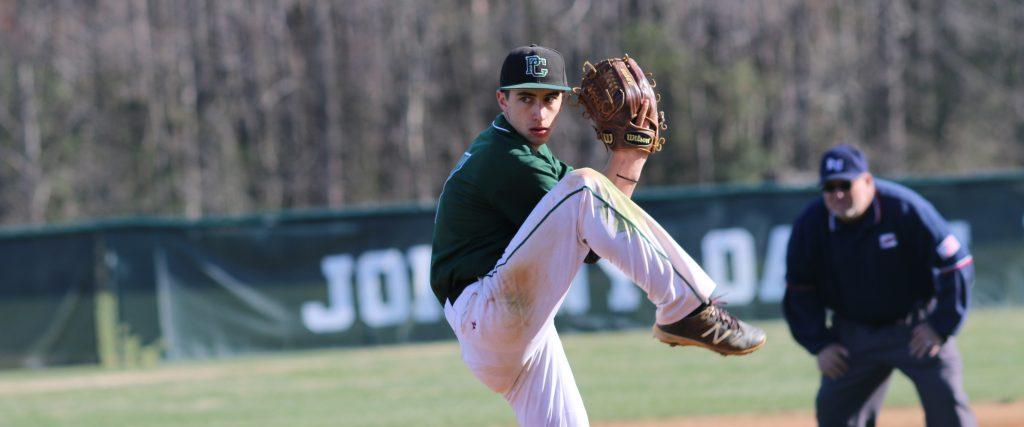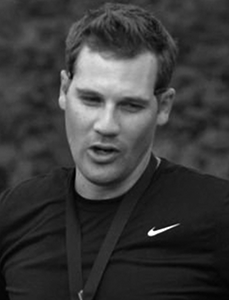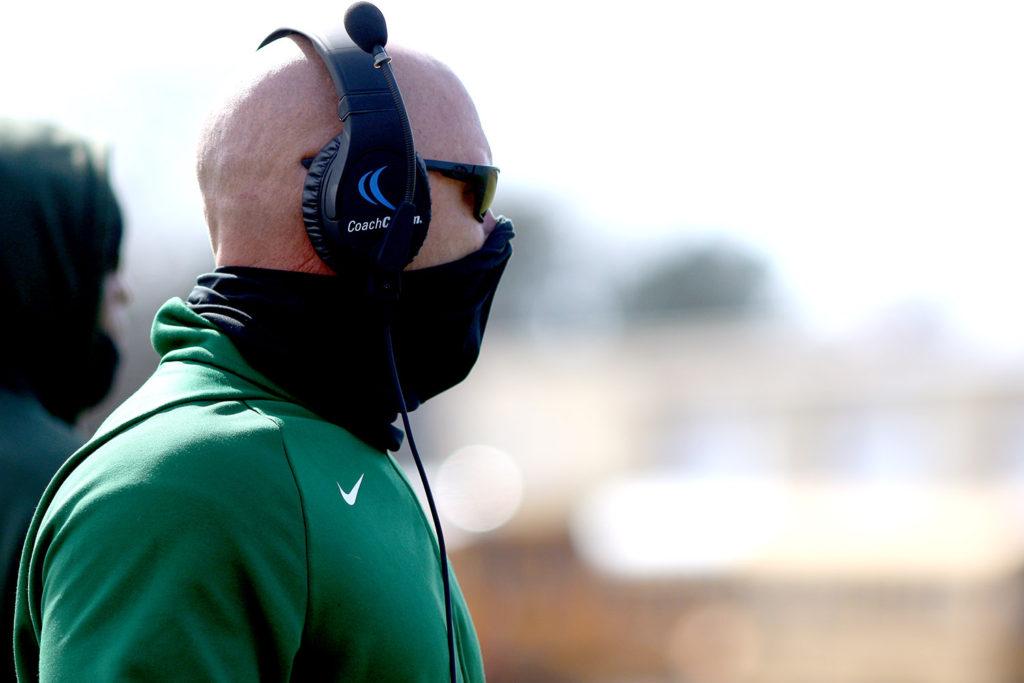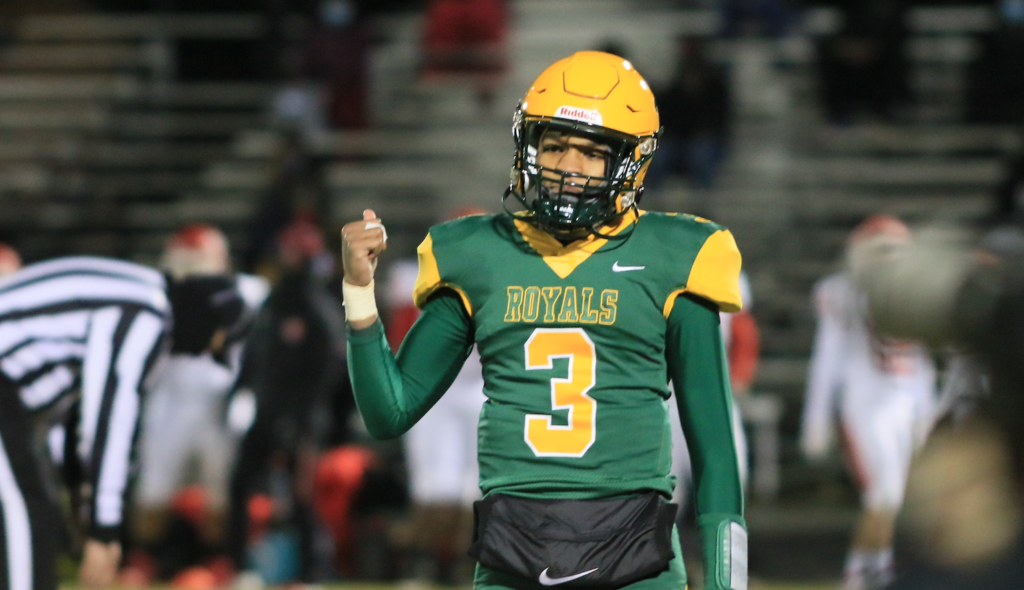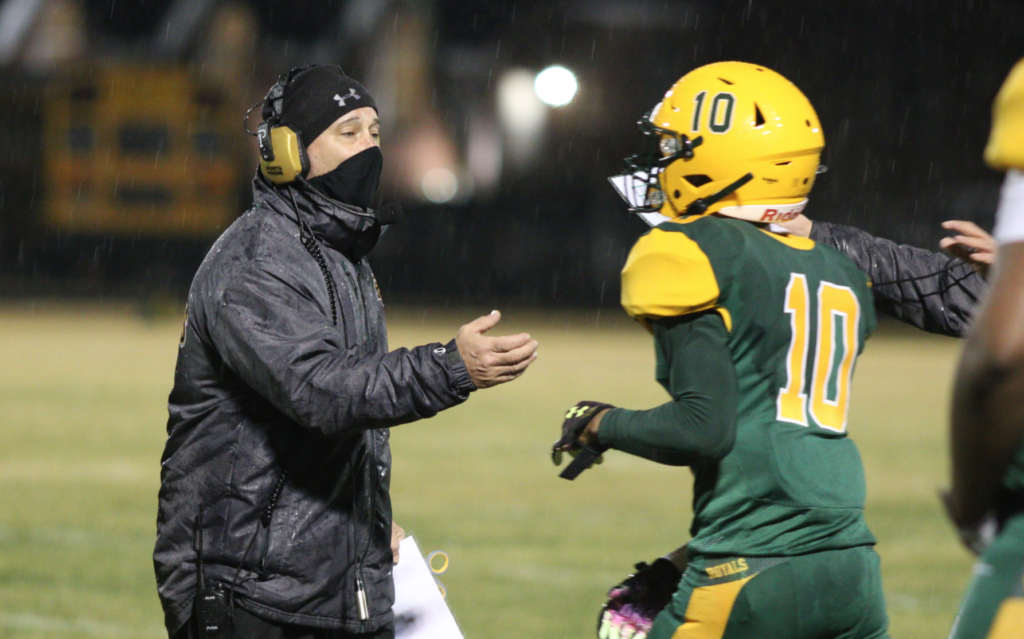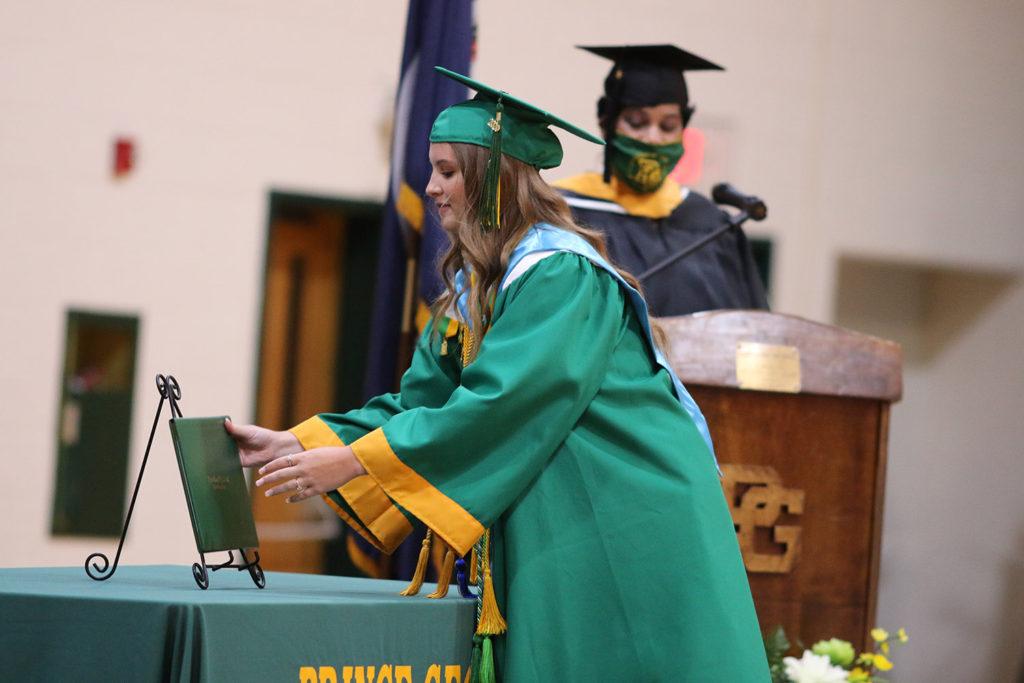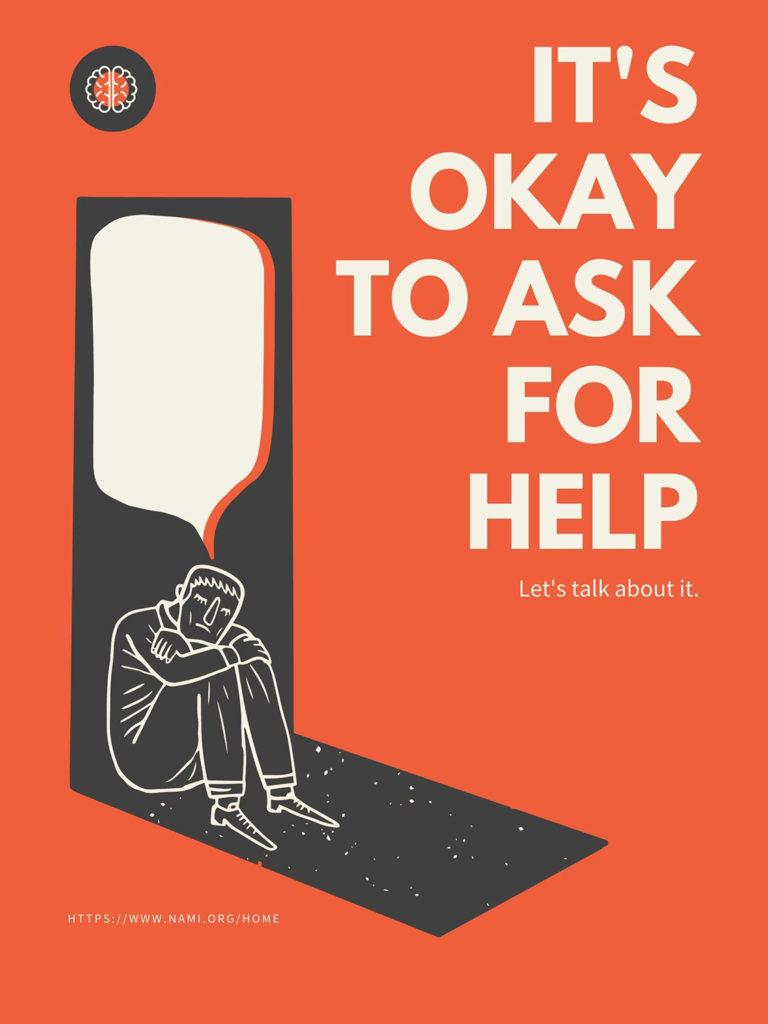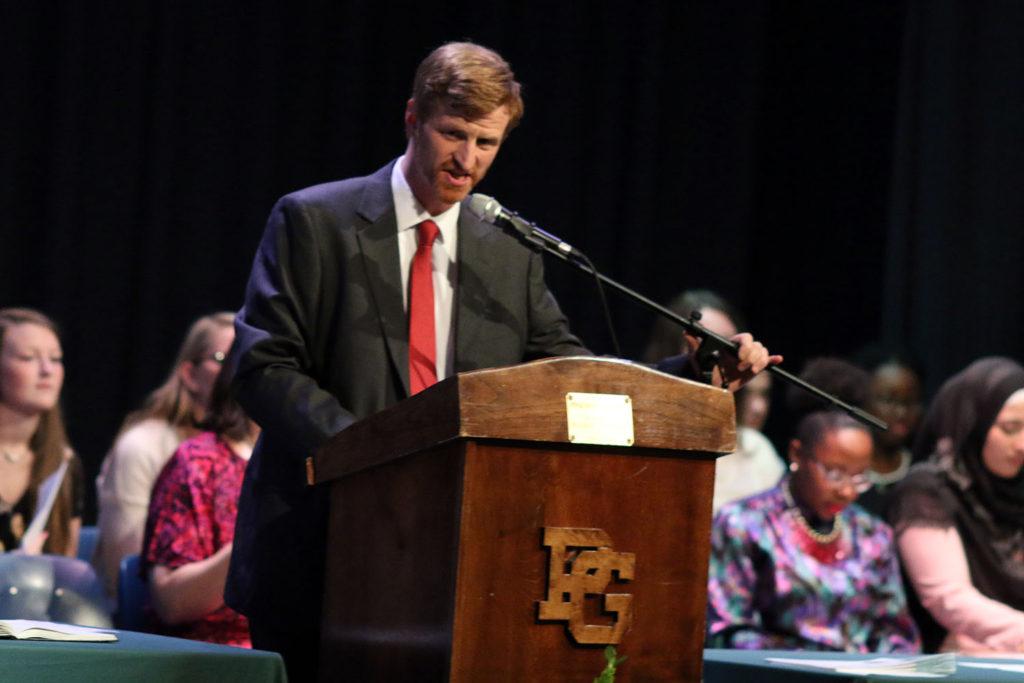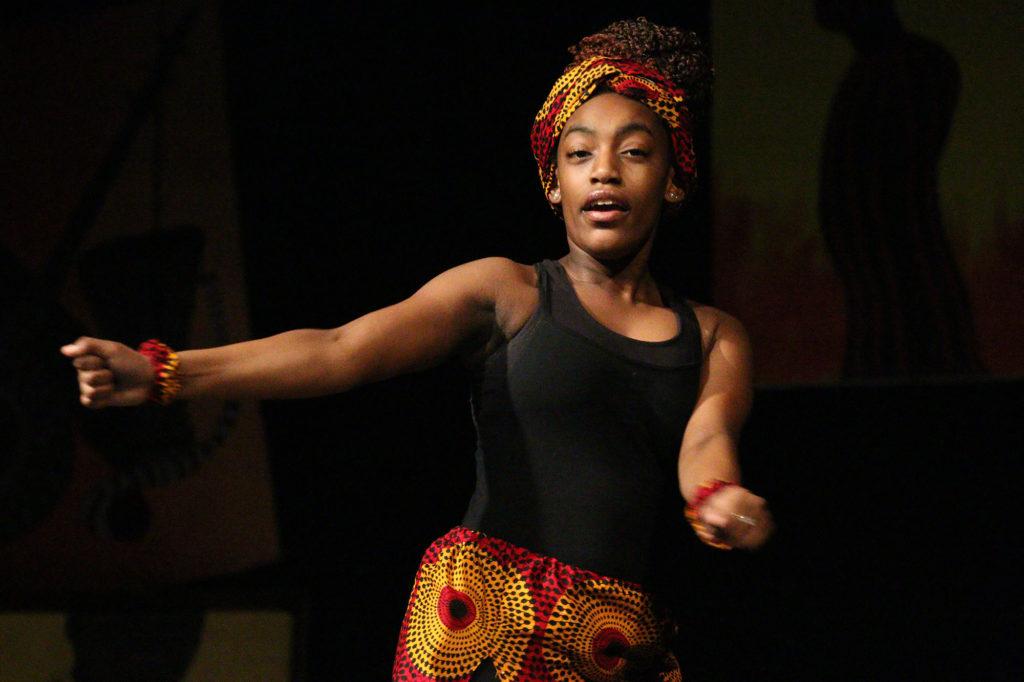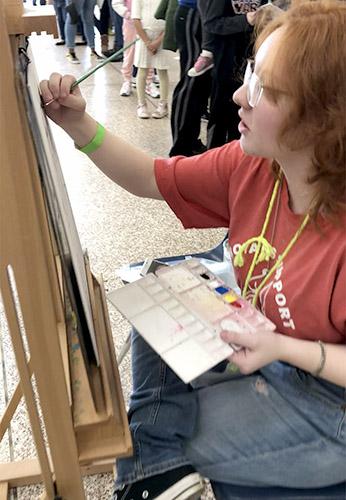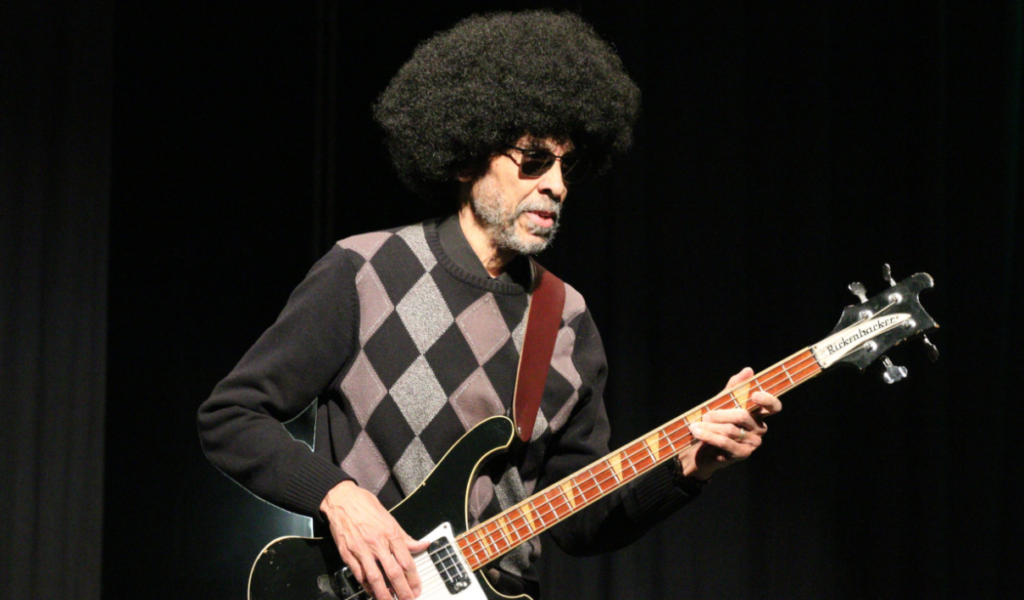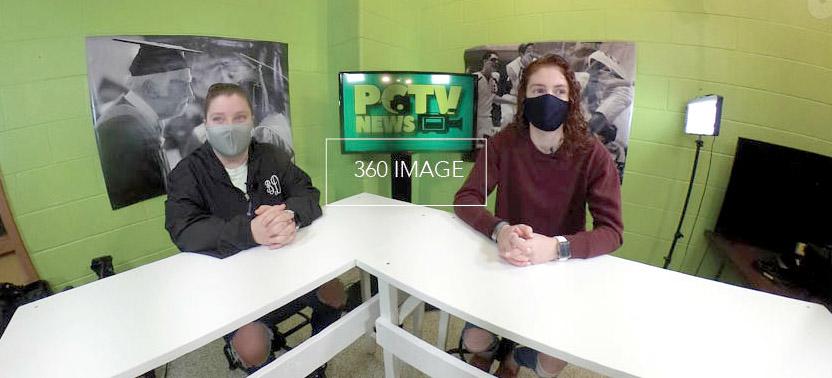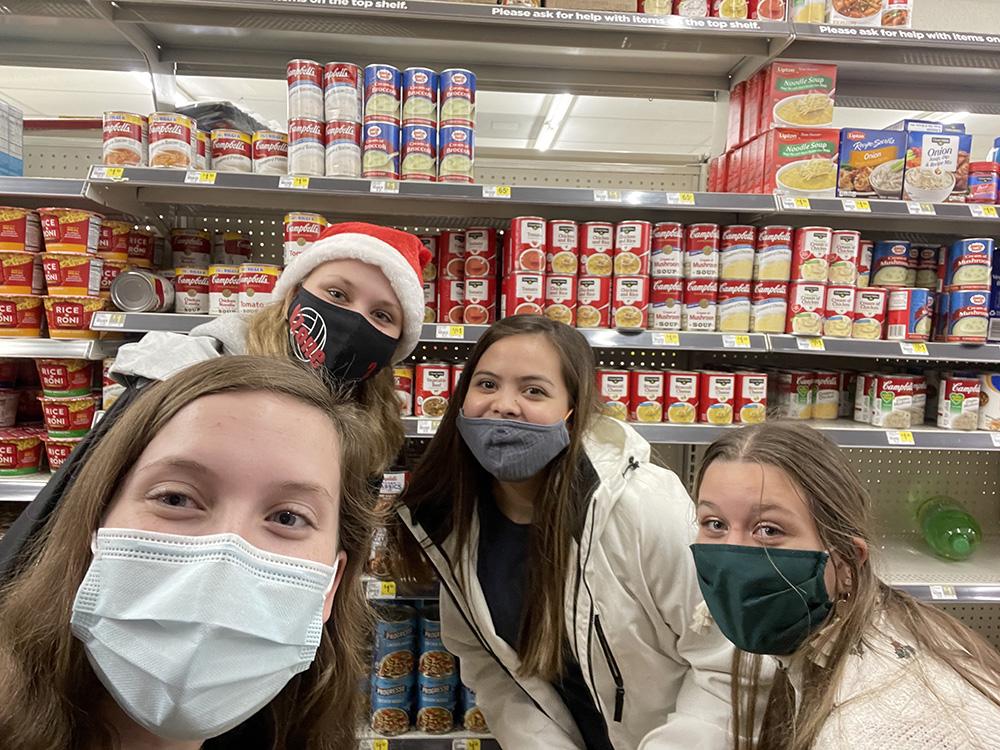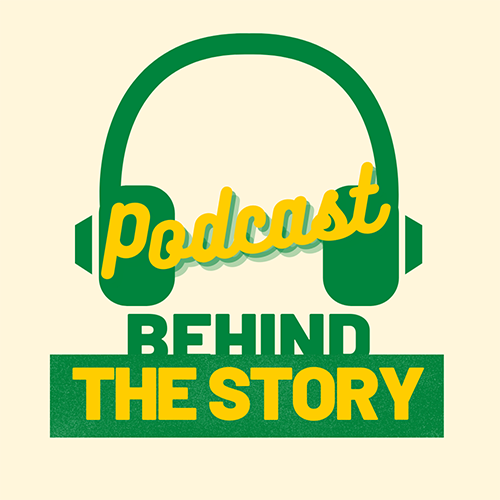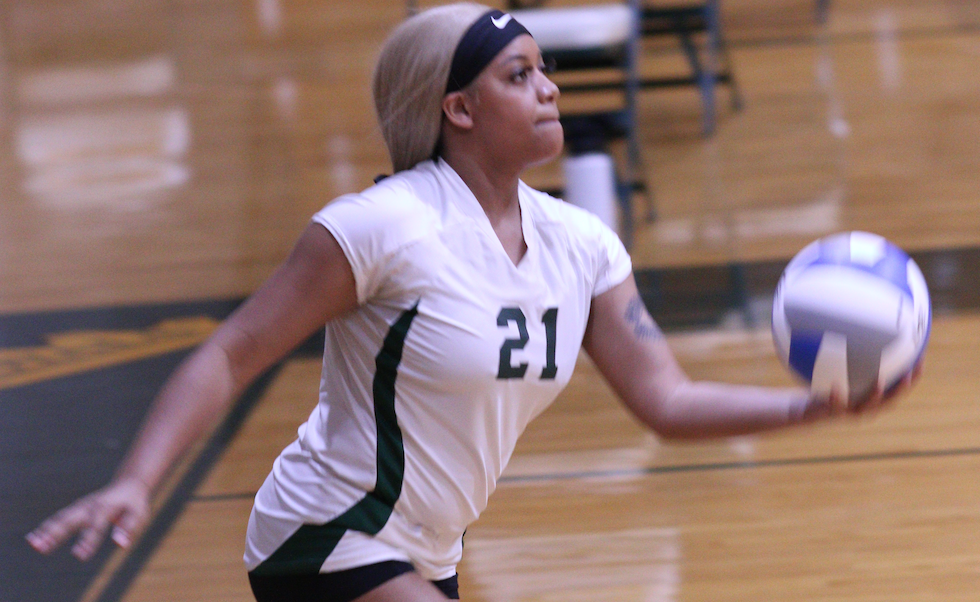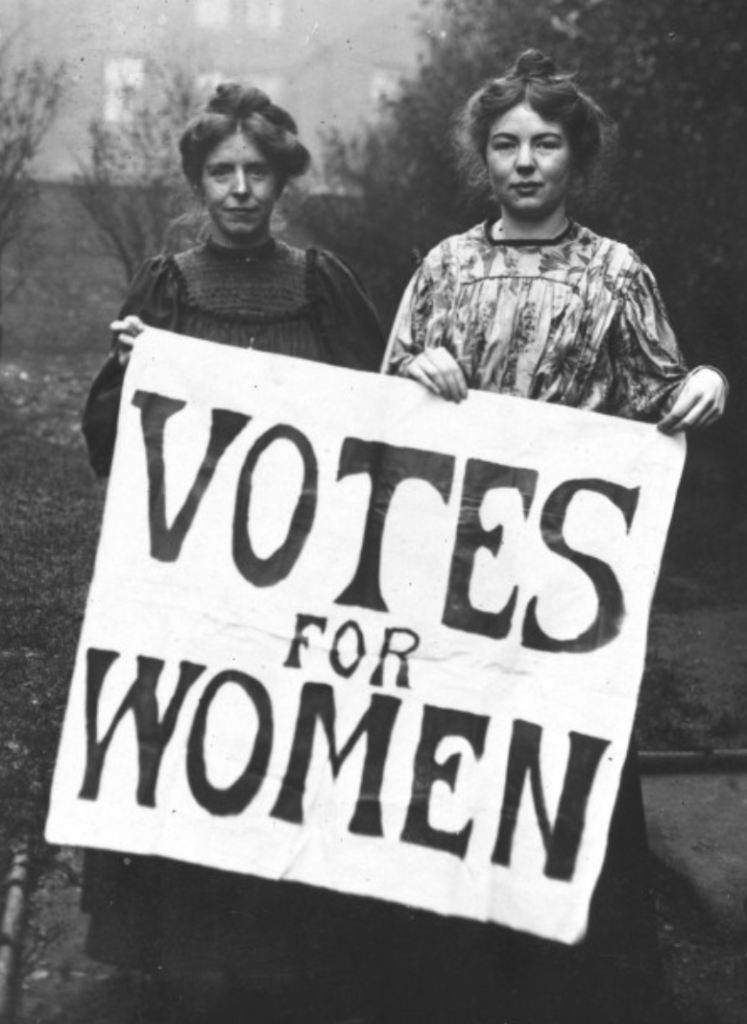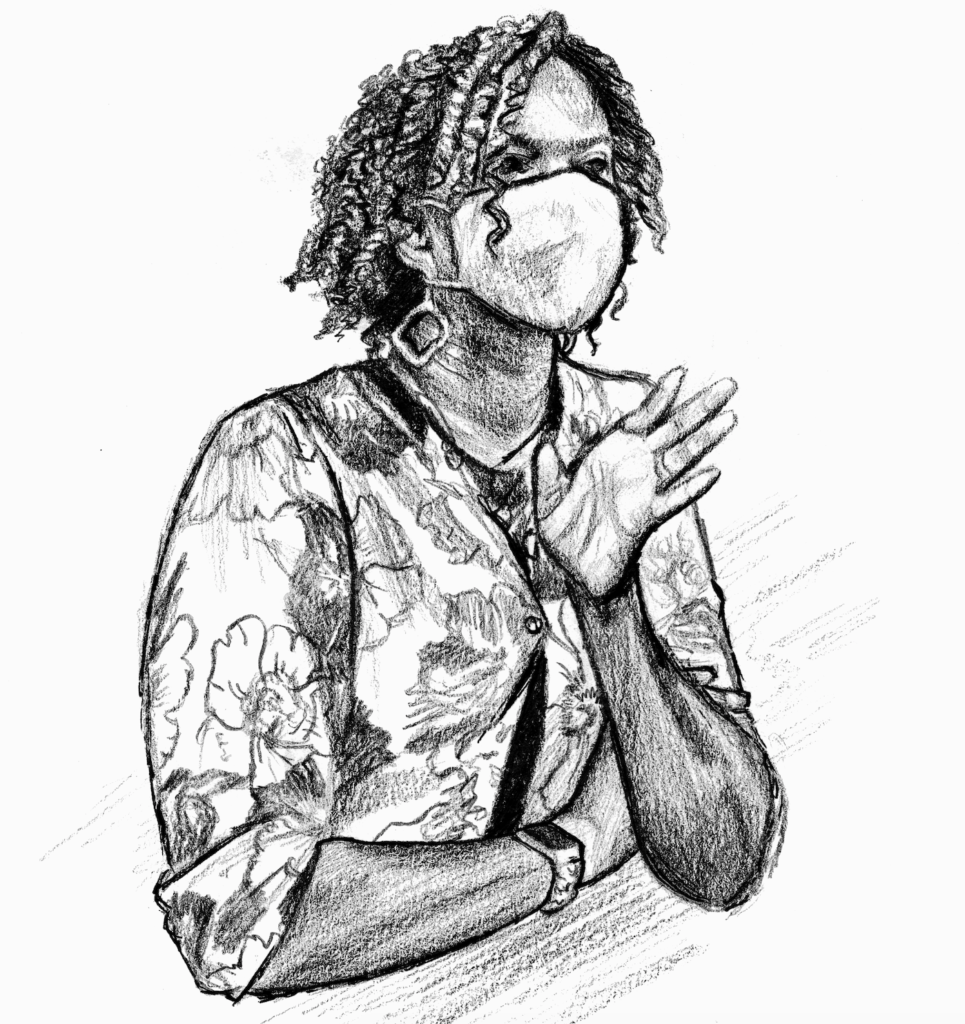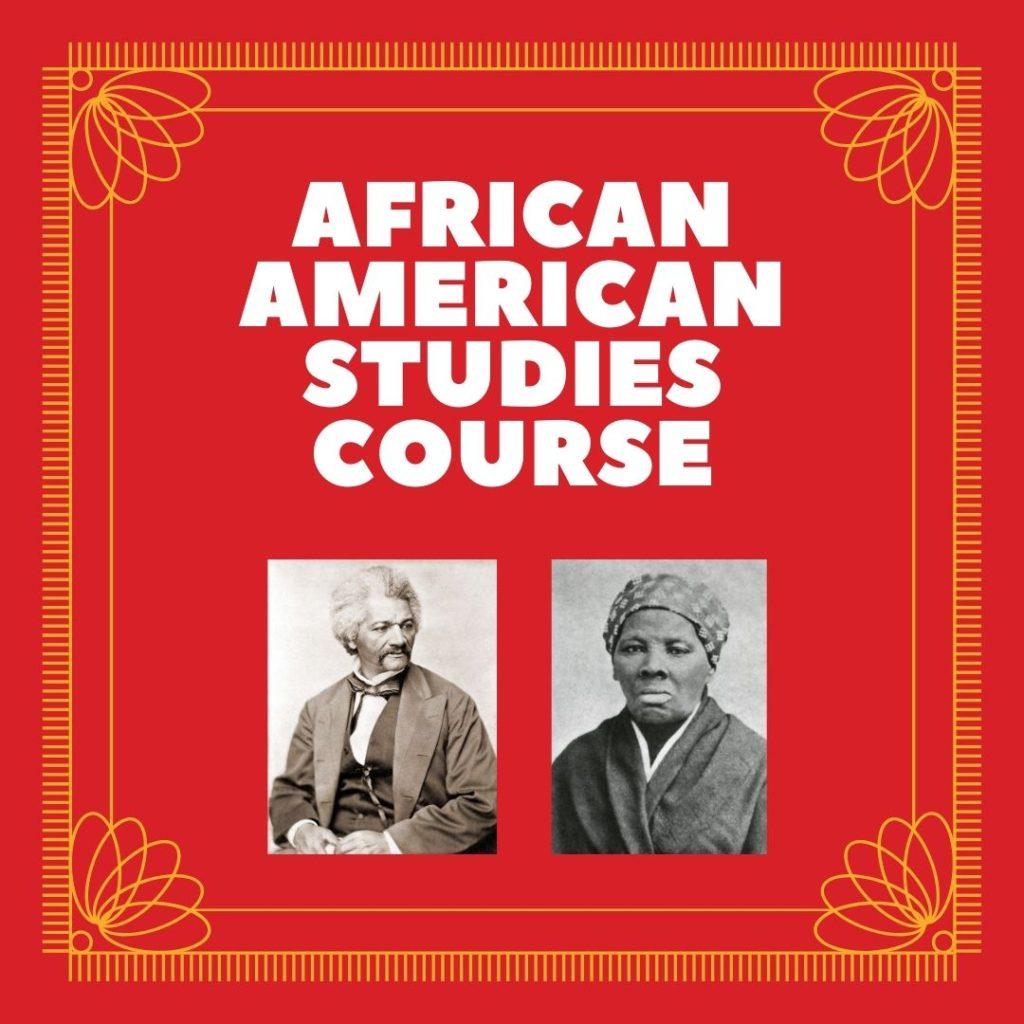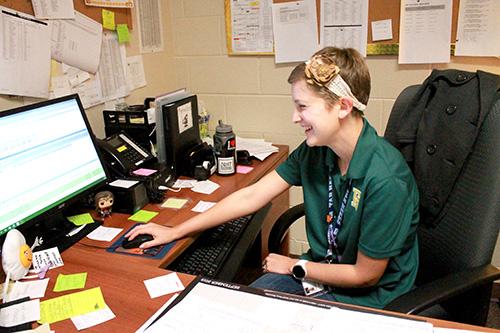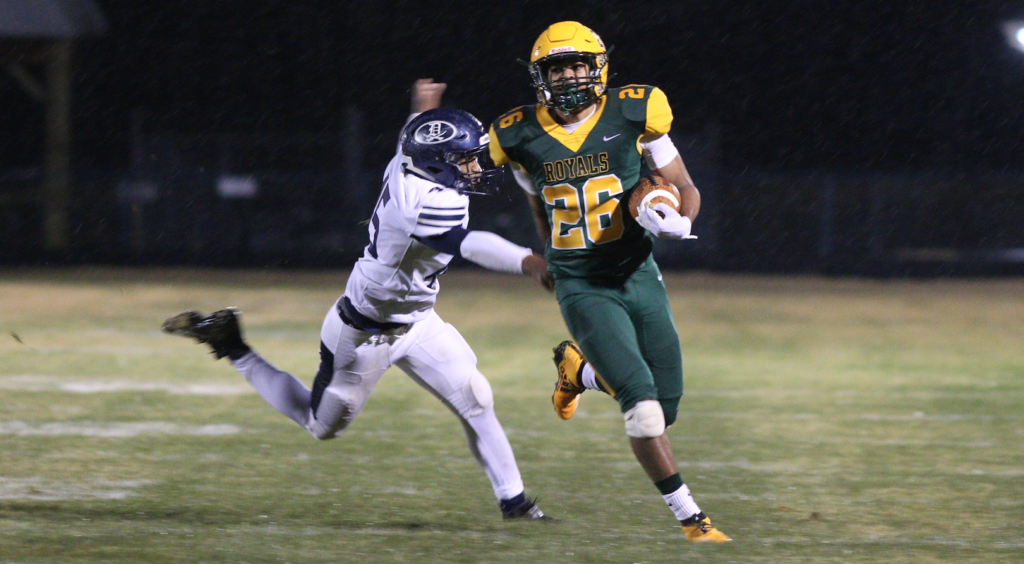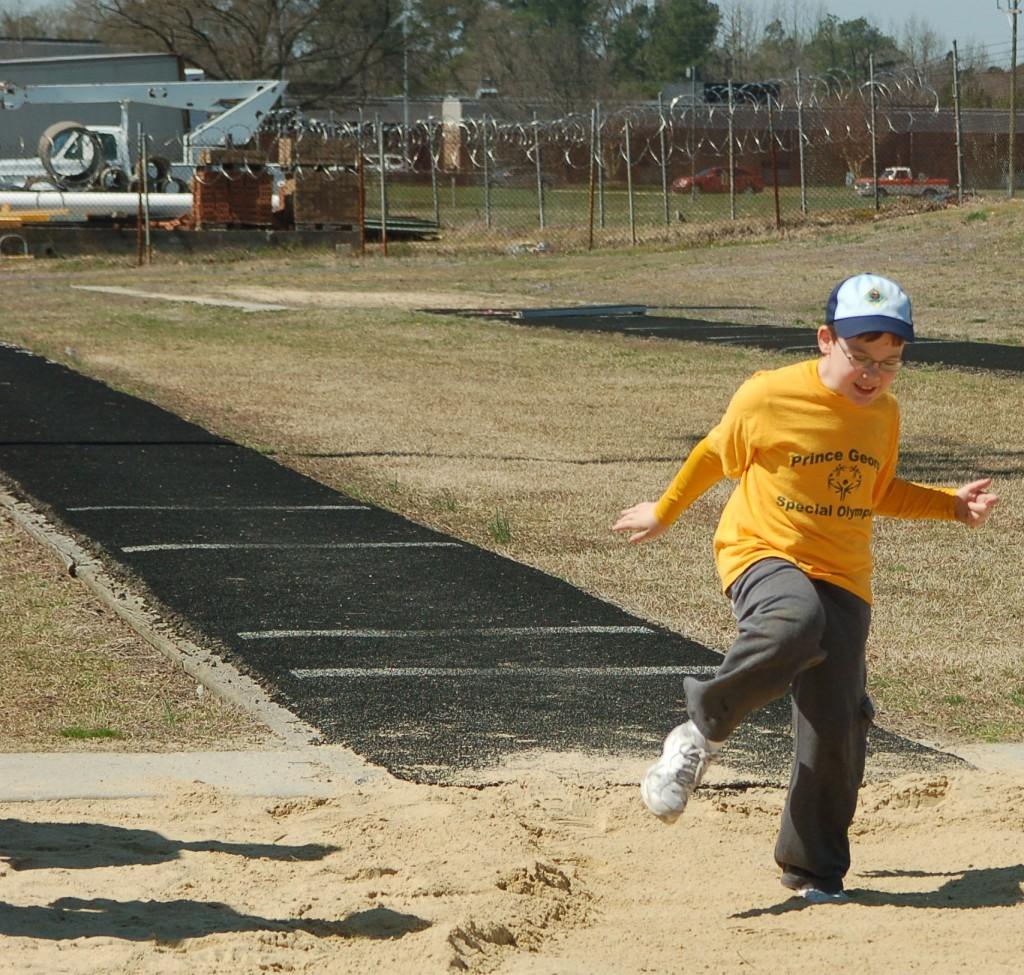
Preparing to run the 50-yard dash, athletes line up along the track at N. B. Clements while parents and spectators watch excitedly. The runners get low, get set, and take off as fast as possible. The scene is no different from a varsity track meet, but there is one major difference: every athlete has an intellectual disability.
The competitors are participating in a track and field event provided by the Special Olympics. The local Special Olympics program gives the intellectually disabled citizens within the county an opportunity to compete in year-round sporting events. The program in Prince George was dormant for several years, but co-coordinator Kenneth Robinson has just recently revitalized it.
“I was the special education director in the county for 22 years, and during that period of time I was very involved in Special Olympics,” Robinson said. “When I left the county in 2002, the program seemed to fall by the wayside.”
Robinson describes his passion as his reason for bringing the program back.
“When I retired from my last job, one of my retirement goals was to try to bring the program back to Prince George,” Robinson said. “I have a passion for special-needs kids, and I love athletics. It’s a perfect marriage for me to bring those two together.”
Robinson brought in a staff of dedicated volunteers to help keep the program running. One such volunteer is Matthew Hall, Robinson’s co-coordinator.
“I’ve been asked by the committee and by Mr. Robinson to head-up our publicity and push the initiative that he’s brought back to Prince George,” Hall said.
The volunteer staff also consists of student athletes such as Christopher Smith who choose to lend their expertise to the program.
“[My role] is to help [the disabled athletes] and make them feel good,” Smith said.
That sense of happiness and self-confidence is a vital part of the program to Hall.
“I got to observe in the fall and watch the students participate in bowling,” Hall said. “I saw how much fun they were having and actually observed the growth that being involved had on the athletes.”
That development extends to multiple areas of the lives of the disabled athletes, and it makes the program worthwhile for Hall.
“I saw some of our autistic athletes and other students with communication delays develop those communication skills. Their command of the language and being able to communicate with their coaches and with their fellow athletes developed,” Hall said. “Seeing them being successful and having a joy and pride in what they’re able to do motivates me.”
The program offers four sports including swimming, bowling, basketball, and track and field. Athletes are able to compete in any of the events they so choose.
“They’re like any of the other students we deal with,” Hall said. “You have your likes and your dislikes, and we have certainly found that some athletes like basketball over bowling, and some athletes like swimming over track and field, and we’ve noticed that there are a couple students that enjoy being at everything.”
The staff uses social media and technology to connect with parents as well as recruit.
“It’s another way to reach parents and their friends and family members, so we created a Facebook account,” Hall said. “It’s also given us the opportunity to use that information as a recruiting tool for other athletes.”
Recruitment is just one of several ways the Prince George Special Olympics program is looking towards the future.
“My vision is for the program to continue and for it to grow in numbers,” Robinson said. “We had a larger program in the 1980s and ‘90s, and I would like to restore the program to those original numbers.”
Special Olympian Abreona Smith is one of the many multi-sport athletes the program serves.
“[I compete in] bowling and track and field,” Smith said. “It feels good and it’s fun. I feel especially happy [when my parents watch me].”
The relationship between athlete and parent is something the volunteers see first-hand.
“Seeing a mom with her arm around her son at the bowling alley as he’s attempting to roll a strike, those are moments you see and think ‘Wow, this is worth it.This is why we do it,’” Hall said.
